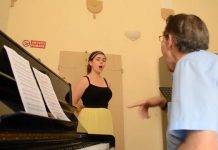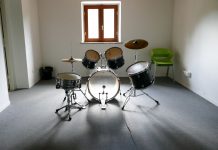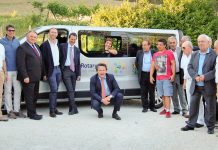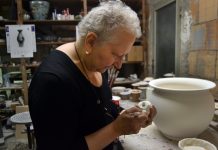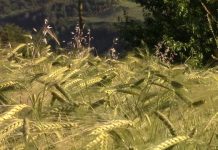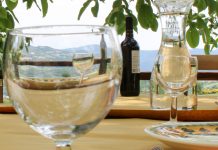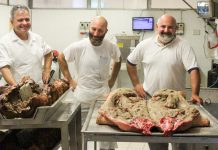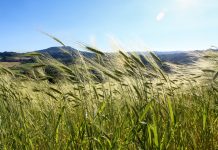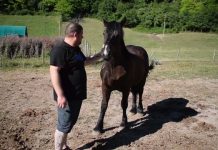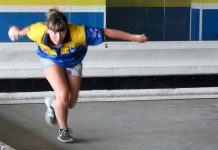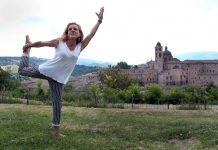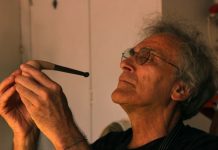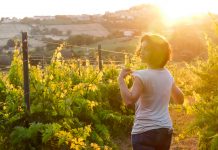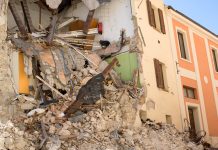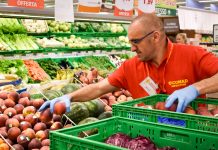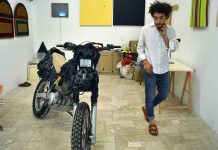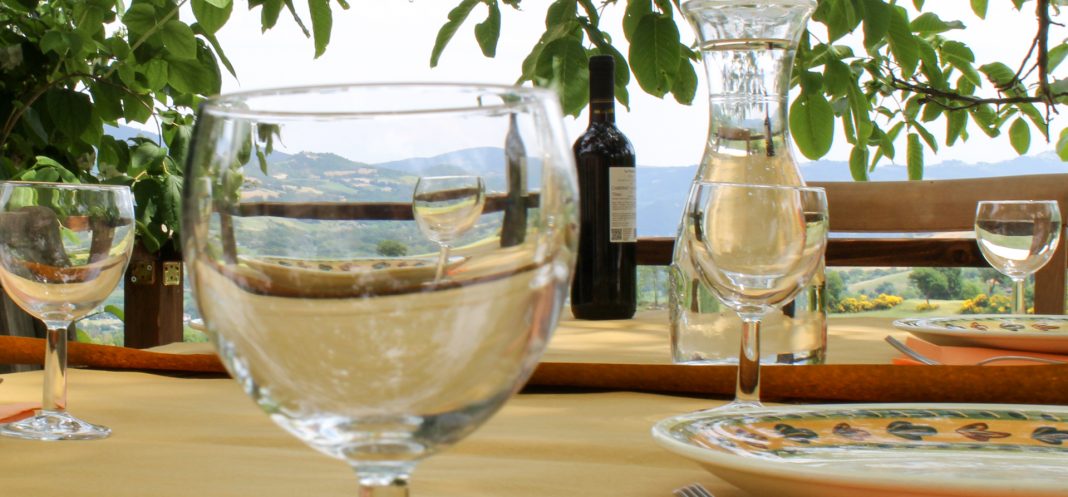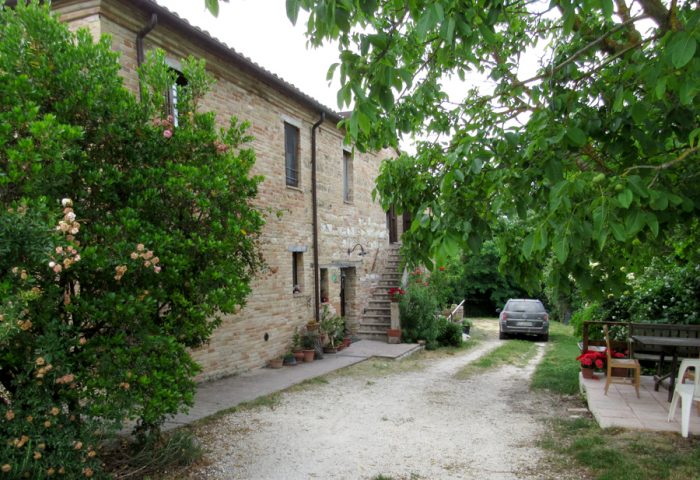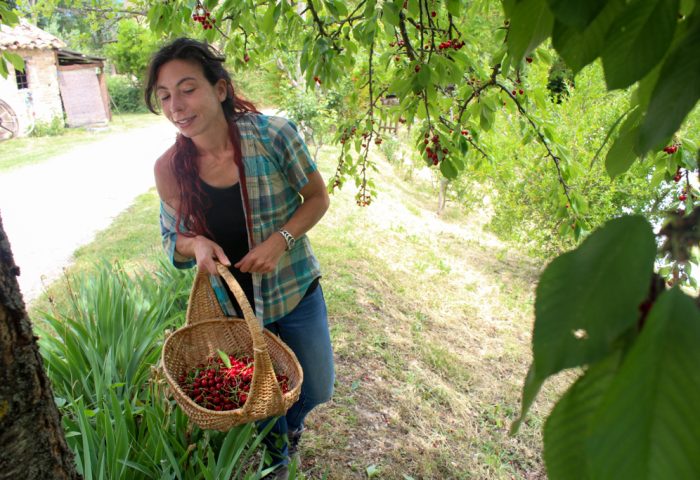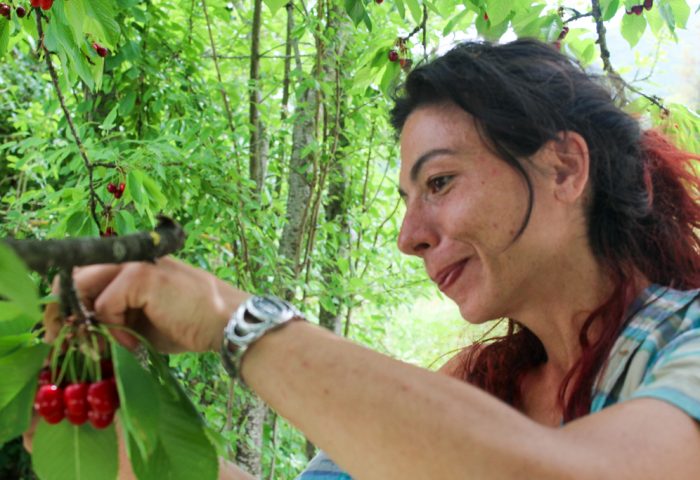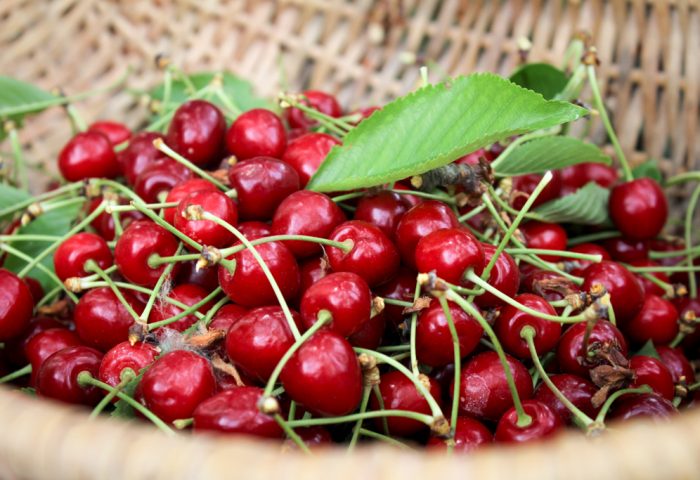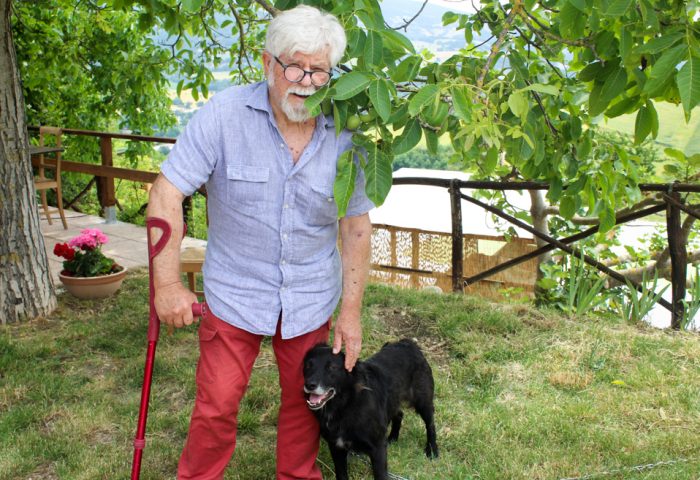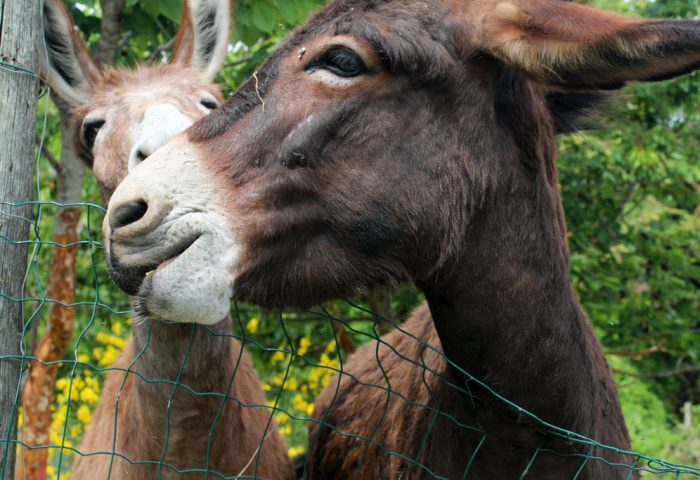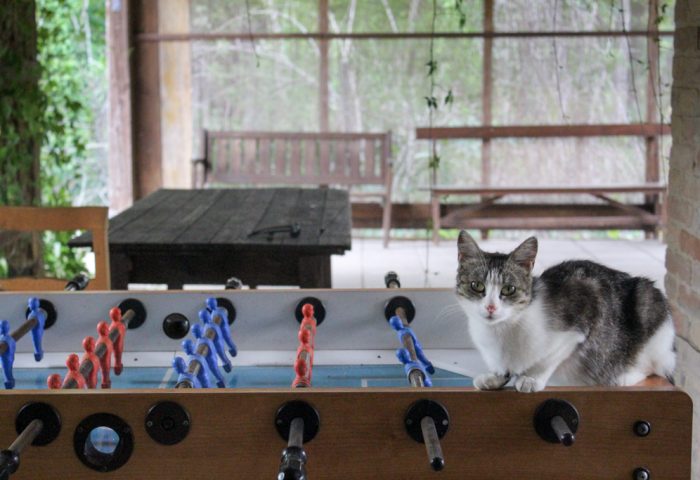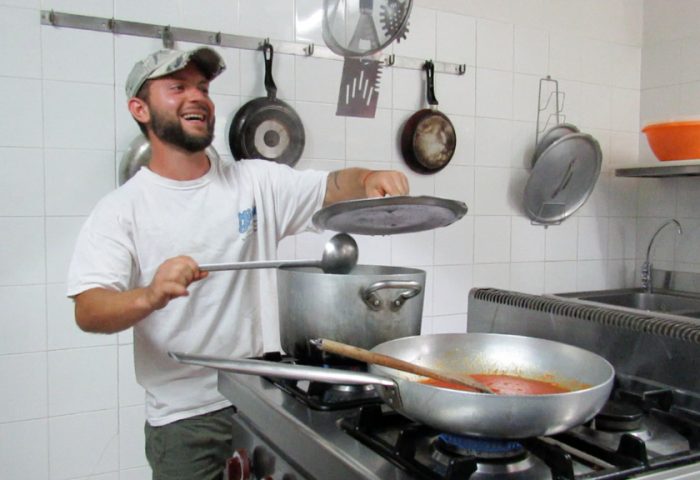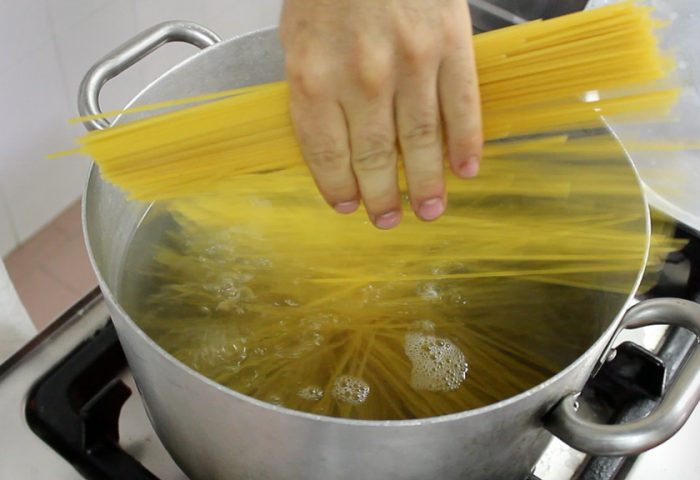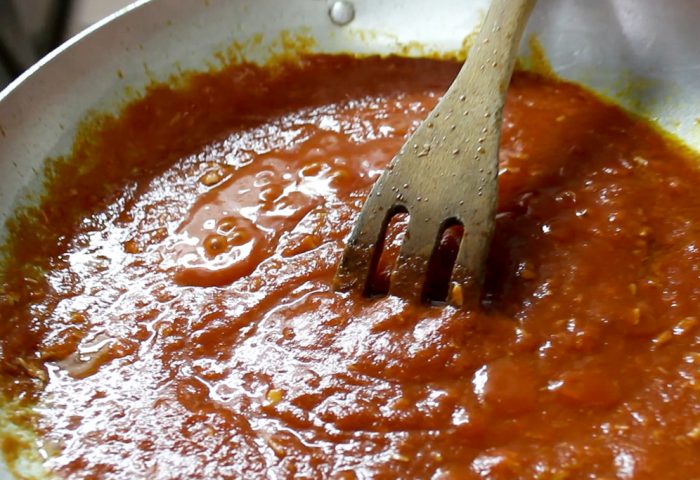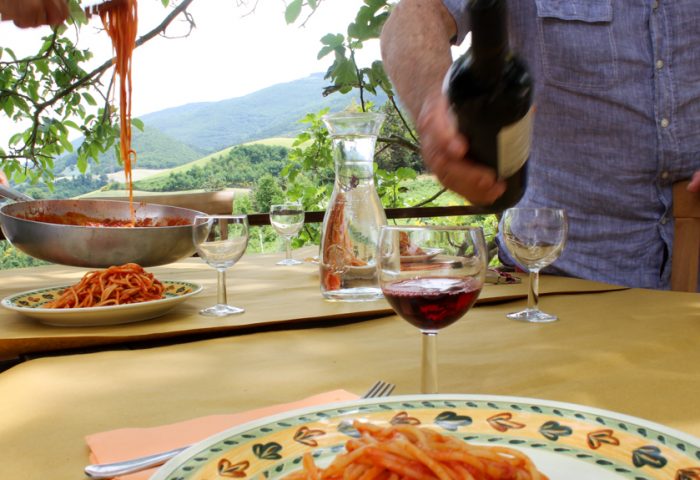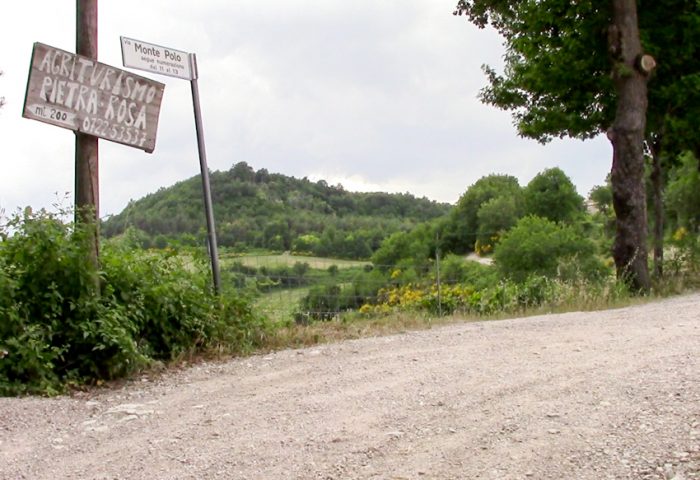Agriturismo Pietra Rosa brings country to the kitchen and tourism to the table
URBINO, Italy – The newly-sharpened knife slices through the garlic and onions. The chopped bits sizzle instantly as they are tossed in the pan, and the chrome-countertop kitchen fills with rich aromas. Turning to the sauce that is bubbling in the pan next to him, the chef shaves flakes of truffles and sprinkles fresh herbs into the mixture.
But there are no master chefs, no elegantly dressed waiters; just a father-son team, Mauro and Michaele Giacomelli, who have been running Agriturismo Pietra Rosa for almost 20 years.
“We wanted to do something outside the city, in the countryside, to allow people to find a place for children and elders to relax,” said Michaele Giacomelli. The son of Mauro, Michaele works as the head chef, gardener, and handyman at Pietra Rosa.

Agriturismo, or agriturismi, in Italy is a budding industry in which farmers rent rooms to guests, much like traditional bed and breakfasts. Agriturismo is becoming increasingly important in Italy, as it currently makes up 21 percent of the tourism market in the Marche region alone.
Here, Pietra Rosa sits in the hills above Monte Polo, Italy, a secluded yet reachable location by car. Nestled amongst the Catria and Nerone mountains, the house is about a 25-minute drive from the city of Urbino.
Guests are typically served breakfast and dinner and are also treated to agricultural activities — grape harvesting, wine making, olive picking and cheese making.
But Pietra Rosa’s main attraction is the kitchen.
“All of the food is typical of the Marche region. It focuses around mushrooms, truffles, pastas, and different kinds of pork and beef,” said Mauro Giacomelli. Dishes that include rabbit, goose, and duck are very common on their tables.
The vegetables are grown in the garden, the fruit is picked directly from the trees, and even the pasta is handmade in the old Italian farmhouse. Guests enjoy their meals while looking over the lush green hills of the countryside.
“It takes a lot of time to cook,” said Michaele Giacomelli. “Usually I begin preparing the vegetables for dinner at around 4 o’clock and dinner is served at 8 o’clock.”
Eating is just part of the experience. Guests can take cooking and pasta-making classes offered by Michaele and his father.
“We make the pasta from whole grain flour and organic eggs, we mix them together and make a dough, and we have a machine that helps us flatten the dough, and then I roll it and cut it,” said Michaele.
The Giacomelli family is originally from Ancona, located in the Marche region and along the Adriatic Sea. The family discovered the farmhouse when Mrs. Giacomelli was studying in Urbino.
“My mother’s professor showed her the house,” said Michaele. “My father fell in love with it.”

After the farmhouse was damaged during an earthquake in 2000, the family got the idea to open an agriturismo.
“You could see the outside through the cracks in the walls,” said Michaele.
The Giacomellis applied for government funds to restore the home into an agriturismo. Italian legislation passed in 1985 offers financial assistance for people to refurbish rural properties, such as farmhouses, in order to transform them into agriturismi.
Following a renovation process that lasted two years, the family opened Pietra Rosa, which sleeps 14 people at a time and can feed up to 40. There are five rooms, each with its own bathroom. Prices range from 35 to 65 euros per night, depending on the season and how much a guest is planning to eat.
Visitors to Pietra Rosa come from all over the world.
“This is one of the best things about an agriturismo, is that we have can have a more worldly view, be more open minded, and see things from all over the world,” said Michaele. “When people from the city come here, they say that there is too little noise.”
The tranquility of the Italian countryside combined with the hospitality of the Giacomelli’s make it easy to forget city life. The father-son duo has turned a family home into an agriturismo, and an agriturismo into a family tradition.
“It’s my son who is mostly taking care of things now,” said Mauro. “I’m hoping to leave everything here to my son.”


